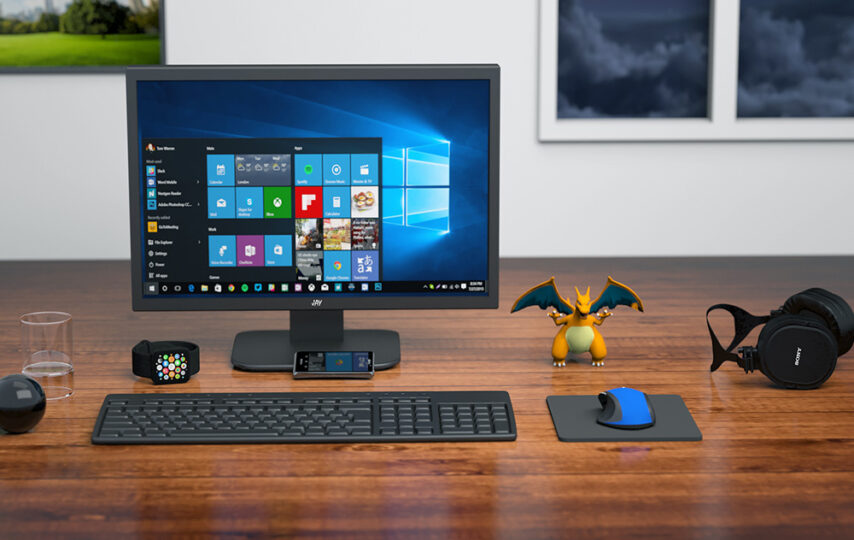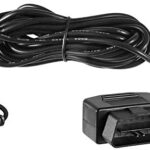The advancement of computing technology has paved the way for computers to become much more mobile. Laptops and mobile phones have the computing abilities of computers that were out at least ten years ago. With all these advancements, do people still purchase desktop computers? The answer to this question is “Yes”. While people rely heavily on their mobile phones and tablets, there are still many computing abilities that only a desktop such as a Lenovo Desktop PC can do. Here are the advantages of having a desktop instead of a laptop.
Power. When Intel and AMD produce the latest powerful CPU chips model, they will first create a version that will fit desktop computers before they can come up with similar models for laptops. Most often than not, CPU chips designed to fit laptops are stripped-down versions that are not as powerful as their desktop counterparts.
Likewise, you can easily change the power supply of a desktop PC especially if you are going to add a lot of components to it. Most desktop PCs come with a power supply with a 400-to-600-watt power rating. However, you can easily upgrade your power supply to 700-watts to handle the power needed for higher model graphics card and cooling systems.
Expandable and Upgradable. Another advantage of purchasing a PC is your option to expand and upgrade it. You can easily upgrade the components of your desktop. For example, desktop PCs may or may not come with a graphics card since the motherboard already has its own graphics chip that may be suitable for average computer users. However, if you are running software or games that are graphics intensive, you can install the latest gaming graphics card such as GeForce RTX 3090 SG or Radeon RX 6900 XT 16GB which are enough to handle any game or software. Likewise, you can easily upgrade the memory of your desktop by adding or replacing your memory modules.
Furthermore, a desktop PC will allow you to add in components such as a cooling system to keep your overall systems in optimal temperatures. A desktop PC will enable you to fit all the components you need in a single desktop pc. You can easily purchase a larger CPU casing to fit all the added components. In a laptop computer, your upgrading is limited only to increasing the memory module.
Value for Money. The third advantage that a desktop PC has over a laptop is the value for money. If you already have a smartphone and a tablet, you do not need to have a powerful computer that you can carry around. Instead, a powerful PC such as a Lenovo Desktop PC at home will handle all your heavy computing needs. A laptop will have an average lifespan of three years before its components are already dated, and it can no longer be at par with the latest laptop models.
On the other hand, a desktop PC may survive for five to eight years, depending on its upgrading components. Moreover, when your desktop PC is already outdated, you need not replace it entirely. You can purchase the components that need upgrading while retaining original components. For example, if AMD or Intel produces a new CPU processor but is still compatible with your existing motherboard, then you can still use your board and purchase the new processor. This upgradability of desktop PCs makes them more cost-effective than laptops.
Desktop PCs such will give you more benefits than a laptop. However, selecting the right desktop will require you to consider your computing priorities.








